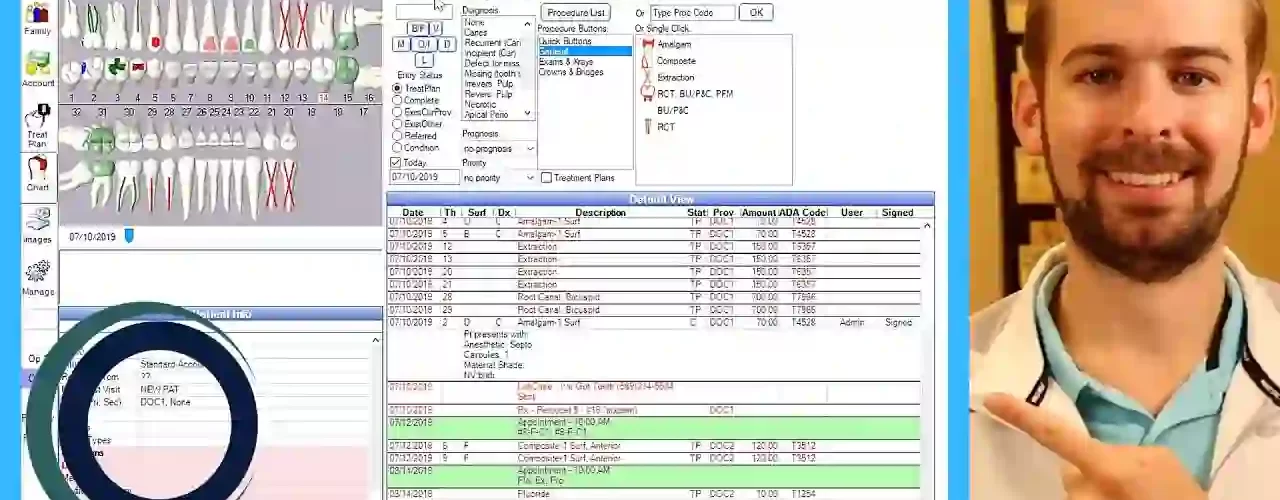If you start looking for dental software in the market, you will come across plenty of options. However, the options make it easier to decide which one’s the best. Follow this guide to find the best software for your dental practice.
1. Scalability
As your dental practice grows, you will hire more people to use the dental software. They will need unique credentials to access the dental software. Most software vendors will charge you depending on the number of people using it. Therefore, the charge will go higher with the increasing number of people using it.
Multi-office management can be challenging, especially for server-based applications. If the data remains saved on your local server, you won’t be able to easily duplicate the data for your new office. You will have to manually analyze statistics to compare the performance of different offices.
Due to a lack of data updates across all locations, scheduling conflicts will also appear. In this regard, a cloud-based software application is more beneficial. But you should check the storage capacity of the software since you will need more storage space with the increasing number of patients.
2. Cost
You should focus on cost while choosing dental software. Remember that your spending does not stop at purchasing the software program. You must be careful about other expenses like implementation fees, hardware requirements, IT services, training, and maintenance.
Ask the software vendor about service uptime and data storage. Several dentists opt for a loan to set up their first clinic. In that case, the payment schedule will also matter.
A software vendor usually demands an upfront fee and then charges you monthly. A high upfront fee will put more pressure on you even before you begin generating revenue. You should also be careful about the upfront costs as they add up.
3. Security
A patient data breach is a massive liability. Data security needs to be a top priority for your software vendor. Your dental software should include built-in features like audit trail and auto shut-off to protect patient data.
While purchasing the dental management software, the vendor should provide you with all the tools required to protect patient data. The highest level of encryption should be present to keep cyberattackers at bay. Using cloud-based software, your communication with the cloud should be encrypted through an SSL certificate.
The two types of security solutions for your dental software program are as follows:
- Industry-leading data system security: Your software should offer massive data storage and encryption capability. Additionally, continuous surveillance systems, redundant power supplies, and data back-ups are also essential requirements. All data transfers between offices and devices should have the highest TLS or SSL encryption level.
- Account Security: Account access should have strict restrictions depending on the user level. It will ensure that data doesn’t fall into the wrong hands. All account activities should be stored in a protected system for future auditing needs.
4. Ease of Use
Your employees prefer an intuitive and easy-to-use platform to manage your dental practice. Everyone should be imparted adequate training to use the latest technology. While choosing the software, you should try to let all stakeholders attend the demo.
Consider everyone’s opinion regarding whether they found the software valuable and convenient. If you find all stakeholders are comfortable with the software, it’s prudent to go ahead. When your employees quickly adapt to the software, you will see increased productivity and happy patients.
Wrapping up
Hopefully, the factors mentioned in this guide will make it easier for you to choose the best software. Another thing you might try considering is whether the software program is popular among peers.





